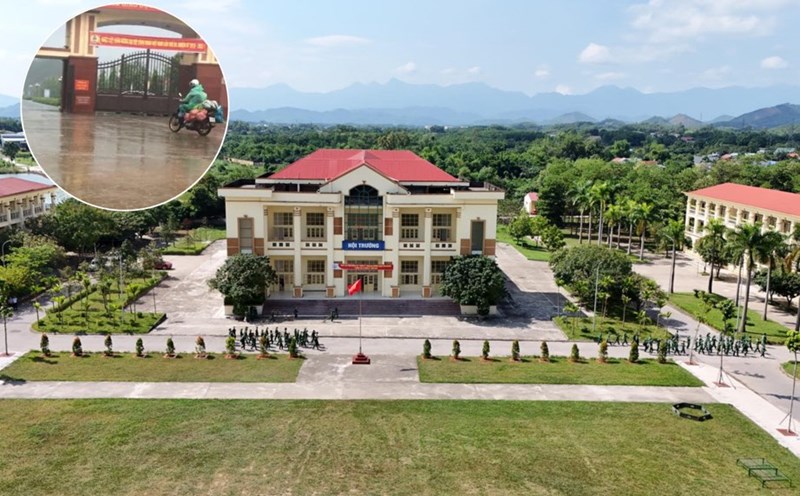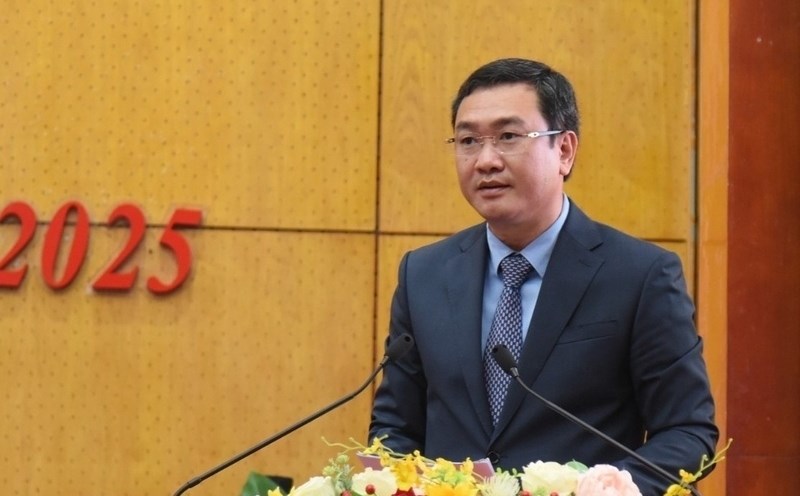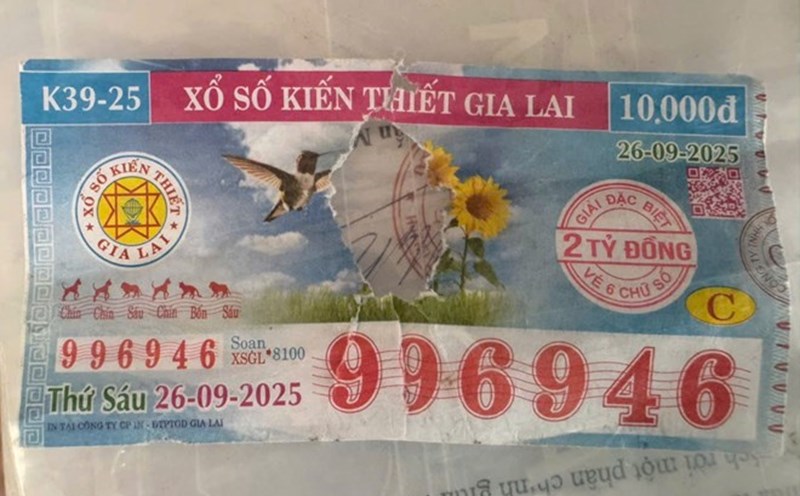According to Decision No. 2269/QD-TTg signed and approved by Deputy Prime Minister Le Thanh Long, the Program "Improving the quality of education and training for ethnic minorities in the Central Highlands" aims to ensure that all ethnic minority children of all ages can go to school.
The program is being implemented in Dak Lak, Gia Lai, Kon Tum, Lam Dong and Quang Ngai provinces, in line with the orientation of Resolution No. 23-NQ/TW on the development of the Central Highlands region to 2030, with a vision to 2045.
The program sets a goal of popularizing preschool education for preschool children, with the rate of mobilizing children to school reaching 3538%, 99.5% of preschool children receiving two sessions per day, 100% of children receiving periodic health check-ups and reducing the rate of undernourishment and coronation to less than 5%.
In high school, the rate of students attending school at the right age reached 99.5% in primary school and 97% in secondary school; the completion rate of primary school program reached 99.7%, secondary school reached 99% and high school reached 95%.
In terms of facilities, the program aims for 100% of schools to be solidified and have Internet connection for teaching and management. By 2030, 65% of kindergartens and primary schools, 75% of junior high schools and 60% of high schools will meet national standards. At the same time, 100% of high schools with ethnic minority students will organize activities to learn about ethnic culture, teach their ethnic language and writing.
Regarding the teaching staff, the program aims for 100% of preschool and primary school teachers to meet training standards; teachers are trained in ethnic languages and skills in applying information technology. Management staff and teachers are trained in digital skills, modern teaching methods, associated with the requirements of digital transformation and the 4.0 industrial revolution.
The program also emphasizes 6 key groups of solutions, including: strengthening the leadership of the Party and the government in educational development; planning a network of schools to meet the needs of everyone; training, recruiting and attracting quality teachers; improving the effectiveness of literacy eradication, popularizing education and dividing students; promoting digital transformation in teaching and learning; continuing to improve policies to support students and teachers in disadvantaged areas.
With a comprehensive orientation from training quality, teaching staff to facilities, the Central Highlands is gradually moving towards the goal of all ethnic minority children studying in a better environment, contributing to improving literacy and sustainable development in mountainous areas.











